Committee
Anita McRae
Senior Manager System Integration, Murrumbidgee PHN
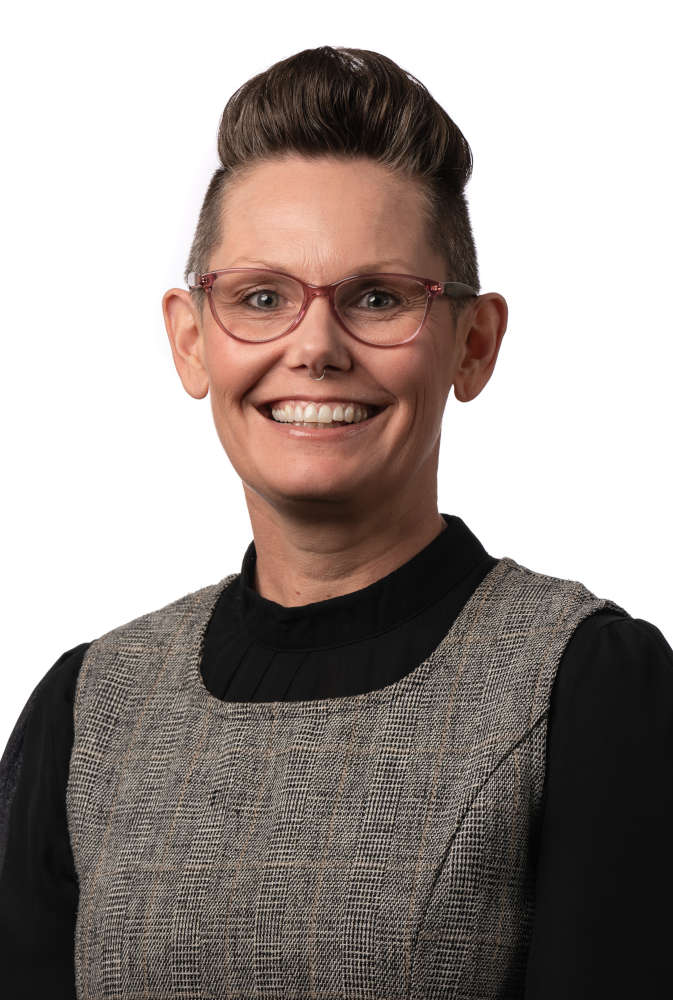
Anita McRae
Senior Manager System Integration, Murrumbidgee PHNAnita McRae is Senior Manager System Integration with the Murrumbidgee Primary Health Network. Anita’s career in primary care started in mental health with roles in support work and community development, before moving into management positions. Anita is passionate about working in a one system approach as this delivers better outcomes for the people we are here to serve, and we can do better together. Anita enjoys being involved in advisory roles and steering committees to have input into the systems and policy landscape, especially ensuring the inclusion and consideration of the regional, rural, and remote context.
Annette Beautrais PhD
Suicide Prevention/Postvention Co-ordinator, Psychosocial Support Rural Health NZ
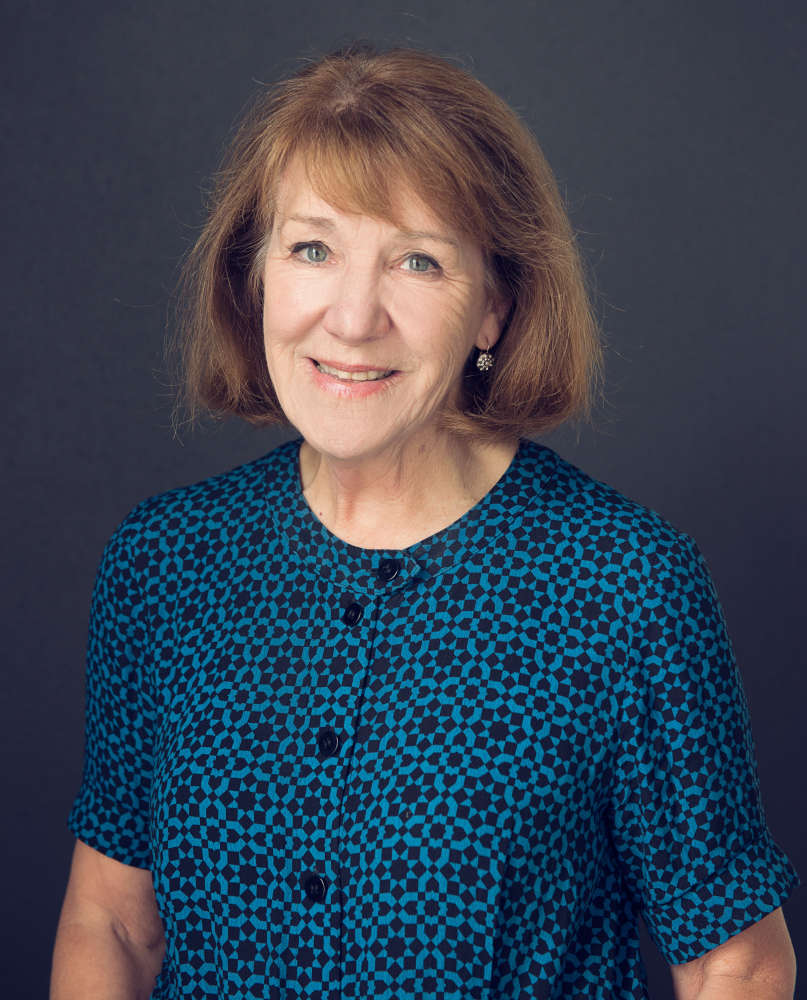
Annette Beautrais PhD
Suicide Prevention/Postvention Co-ordinator, Psychosocial Support Rural Health NZAnnette has a broad background in mental health research which includes more than 30 years working in suicide research, prevention and education, in New Zealand and internationally. She currently works in suicide prevention in South Canterbury, and is also seconded to provide psychosocial support to rural regions impacted by Covid, loss of tourism, staff shortages and weather events. She has a wide range of interests in suicide prevention and wellbeing promotion but is especially interested in suicide prevention in men, workplace suicide prevention programmes, rural suicide prevention, suicide clusters and contagion, and, more generally, in implementing best practice, evidence-based suicide prevention programmes. She has a wide range of interests in suicide prevention and wellbeing promotion but is especially interested in suicide prevention in men, workplace suicide prevention programmes, rural suicide prevention, suicide clusters and contagion, and, more generally, in implementing best practice, evidence-based suicide prevention programmes.
Sandra Batistich
CEO, Moving A Head
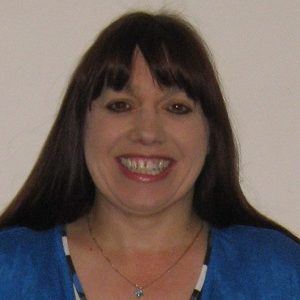
Sandra Batistich
CEO, Moving A HeadSandra founded mental health charity organisation Moving a Head in South Australia.
Having worked in the mental health field for over 14 years she realised that early intervention was a key aspect of combating mental health issues. Sandra has designed and implemented early intervention courses for people experiencing depression.
She has a BA and Grad Dip in Counselling and has worked previously in private practice. She has also worked in individual psychosocial rehabilitation support services, as well as in the Headspace program.
Lyn English AM
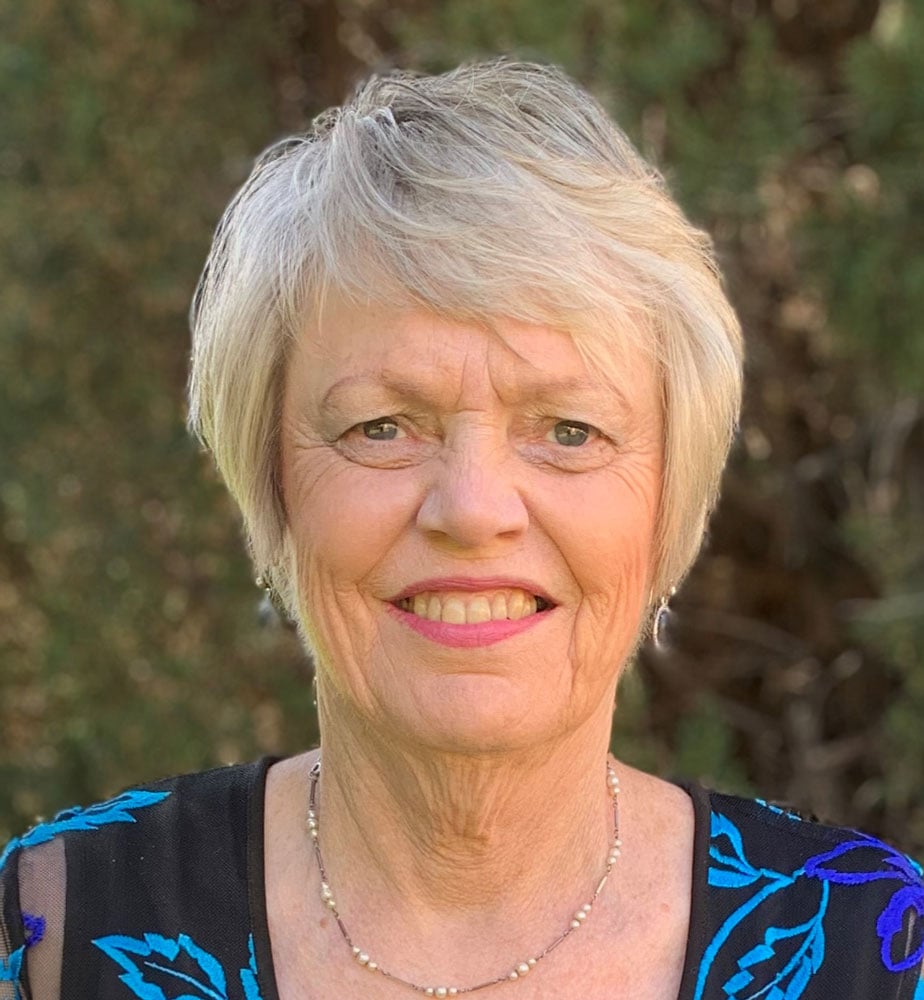
Lyn English AM
Originally from Sydney, residing in South Australia for 23 years, 9 years living and working in regional and remote SA. Lived experience role for 6 years with Country Health SALHN Mental Health Services.
Chair, SA OCP Lived Experience Advisory Group; MH Coalition SA Board Member:
Co-Chair Governance Committee, Urgent Mental Health Care Centre: National Consumer & Carer Forum consumer representative: Equally Well Australia lived experience member.
People with lived experience (including carers/family members) are central to driving mental health reform through leadership, growth of the peer workforce, codesign and inclusion at all levels. A human rights based approach to care is needed to improve experiences and outcomes for consumers and addressing equity and access remains a priority.
My 2020 Australia Day Honour as a Member (AM) of the Order of Australia. “For significant service to mental health and consumer support organisations.” is a huge sense of pride.
Ingrid Hatfield
Deputy Director Policy and Research, Mental Health Australia
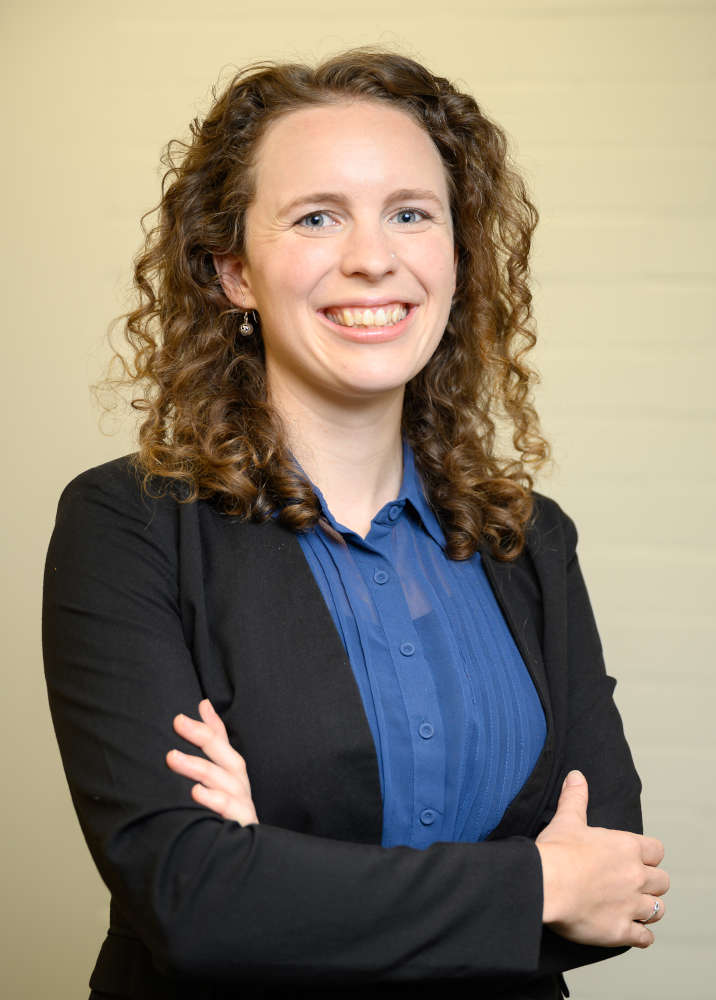
Ingrid Hatfield
Deputy Director Policy and Research, Mental Health AustraliaIngrid has significant experience in national policy and advocacy in the social services sector. She has represented national service provider networks to influence social and economic policy to support inclusion, social justice and wellbeing.
In her current role with Mental Health Australia, Ingrid works with organisations across the full spectrum of the mental health sector and lived experience representation, for systemic mental health reform. Ingrid is passionate about working collaboratively to improve access to best practice mental health care for all Australians.
Sarah Loveridge
Senior Policy Officer, Australian Department of Agriculture, Fisheries and Forestry
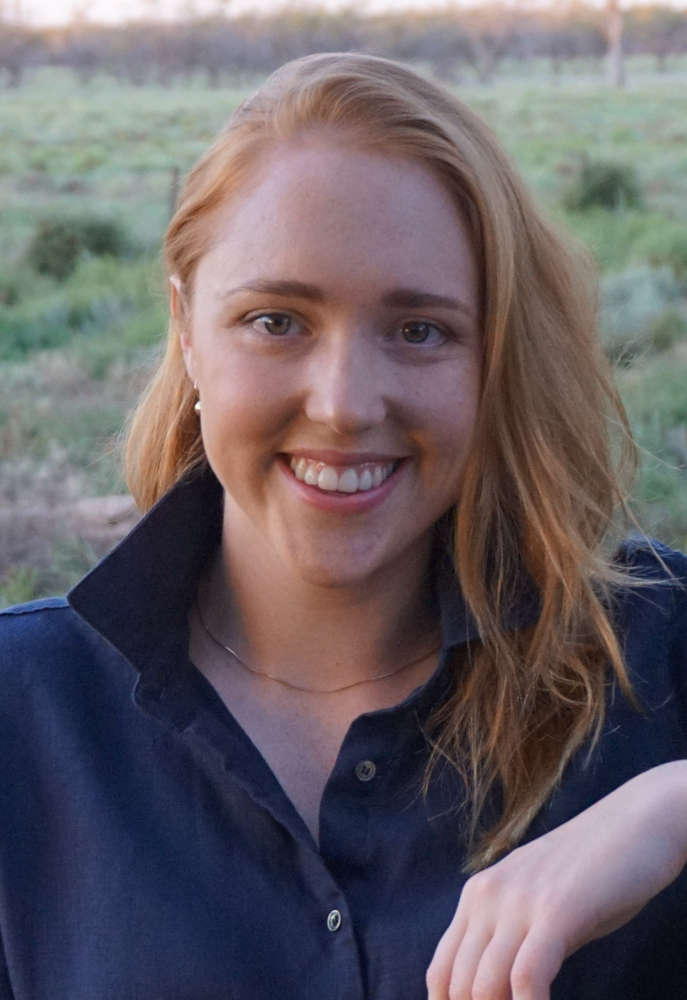
Sarah Loveridge
Senior Policy Officer, Australian Department of Agriculture, Fisheries and ForestrySarah is a Senior Policy Officer working in drought policy at the Department of Agriculture, Fisheries and Forestry. Having worked and grown up on the land in remote New South Wales, she understands the challenges faced by farming communities and is proud of what these communities have to offer.
Sarah is passionate about the sustainable provision of mental health services in rural and remote Australia and excited to contribute her understanding of government policy and lived experiences to this year’s Program Advisory Committee.
Nevenka Alempijevic
Practice Consultant, Rural Alive & Well Inc
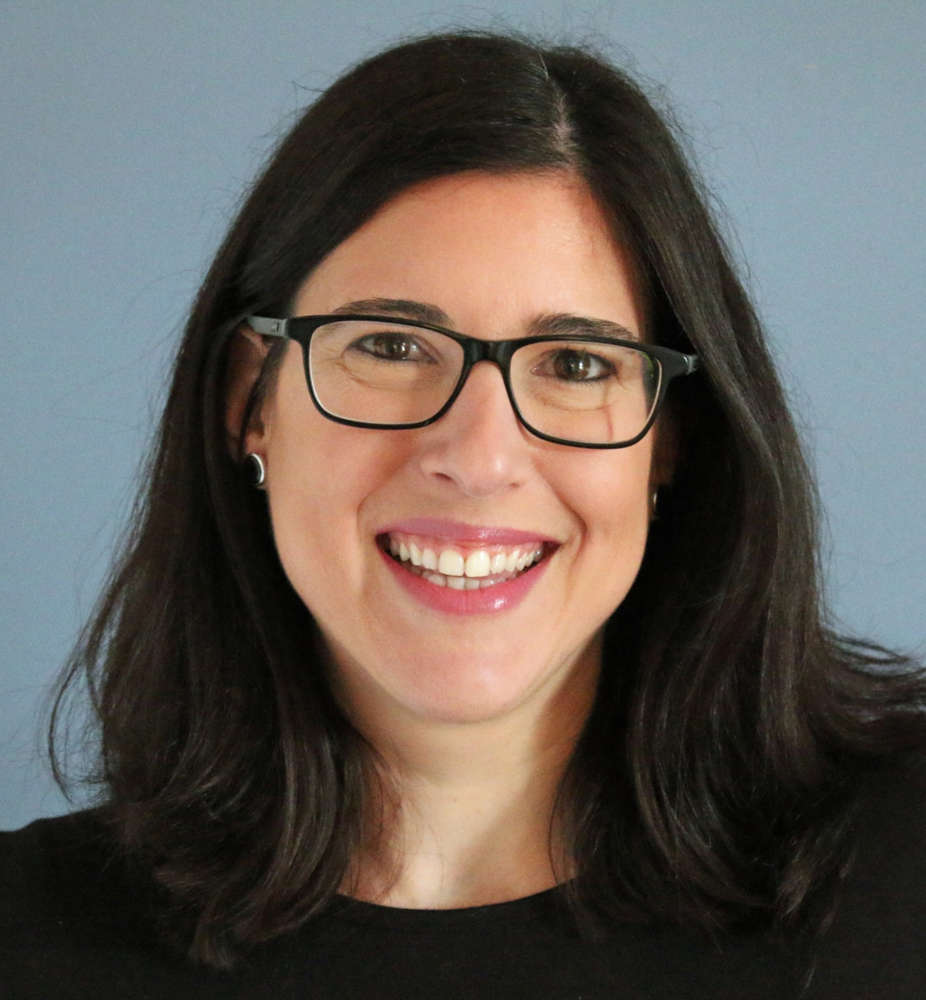
Nevenka Alempijevic
Practice Consultant, Rural Alive & Well IncNevenka Alempijevic is the Practice Consultant at Rural Alive and Well. She has worked in the mental health sector for the past 13 years in counselling, industry training and community engagement activities.
Nevenka is passionate about suicide prevention and trauma recovery and holds a Diploma of Counselling, Bachelor of Arts (Psychology and Anthropology), Post-graduate Diploma in Industrial/Organisational Psychology, Graduate Diploma in Management and Master’s degree in Suicidology (Suicide Research and Prevention).
Dr Clifford Lewis
Senior Lecturer, Charles Sturt University
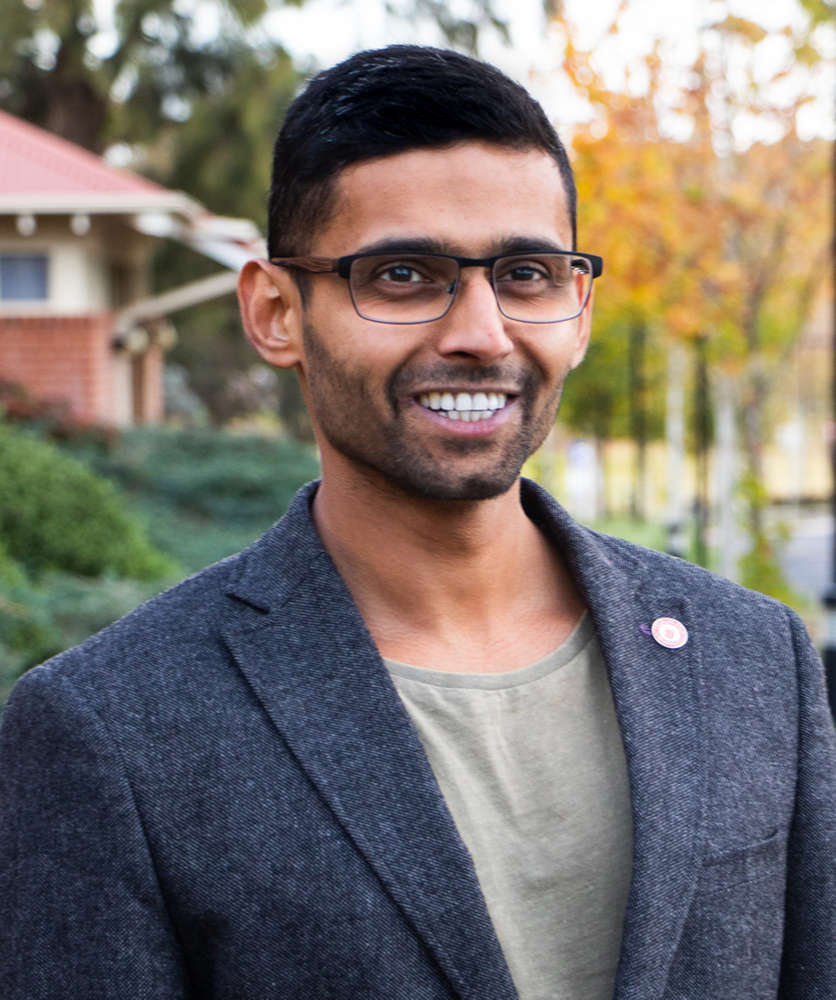
Dr Clifford Lewis
Senior Lecturer, Charles Sturt UniversityClifford Lewis, PhD (he/him/his) is a Marketing academic at Charles Sturt University. His research focuses on Place Marketing; exploring LGBTQIA+ inclusion both within one’s community or a recreational context. Within this field, he has drawn on socio-psychological theories to explore how places and experiences can be made more inclusive for LGBTQIA+ people. Through his work he has called for a more nuanced and sensitive approach to research which considers the diversity encapsulated under the LGBTQIA+ acronym. He is passionate about using research to make the world more inclusive. Prior to his academic career, he was the Head of State (NSW) for a global market research company.
Rochelle Hine
Lecturer, School of Rural Health, Monash University
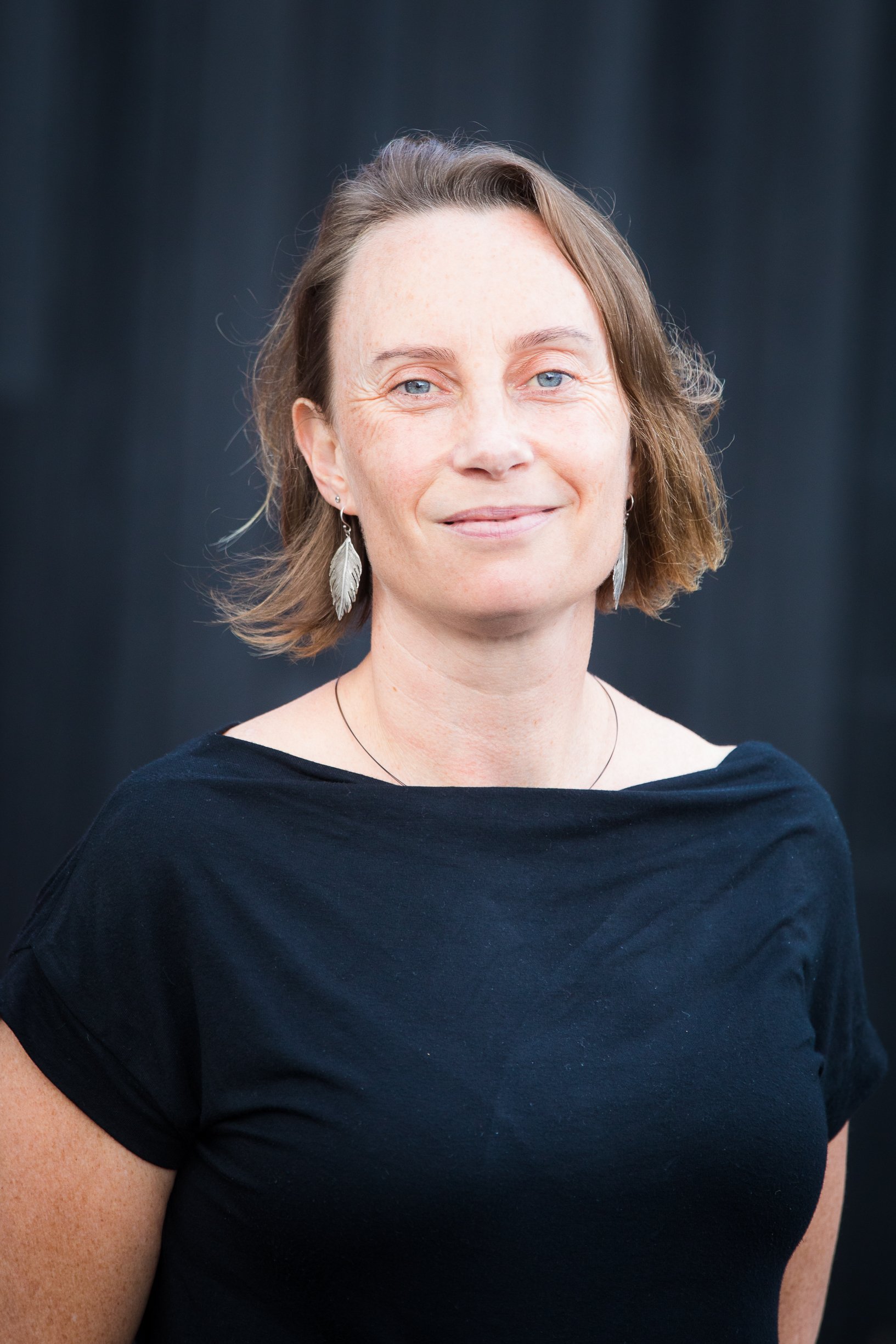
Rochelle Hine
Lecturer, School of Rural Health, Monash UniversityDr Rochelle Hine is a social worker and academic with over 25 years of practice experience in a range of sectors including foster care, women’s health promotion, community and clinical mental health, education and research.
Rochelle's research is grounded in social justice and identifying and addressing inequality. Her research focuses predominantly on critical qualitative approaches to exploring the circumstances of people’s lives, collaborating with lived experience experts and other stakeholders.
Specific areas of research interest and expertise include social and emotional wellbeing and healing, rural communities, women's health, parenting, gender, promoting antiracist policy and practice in healthcare and family violence prevention.
Barb Walters
Chief Executive Officer, Rural Alive & Well Inc
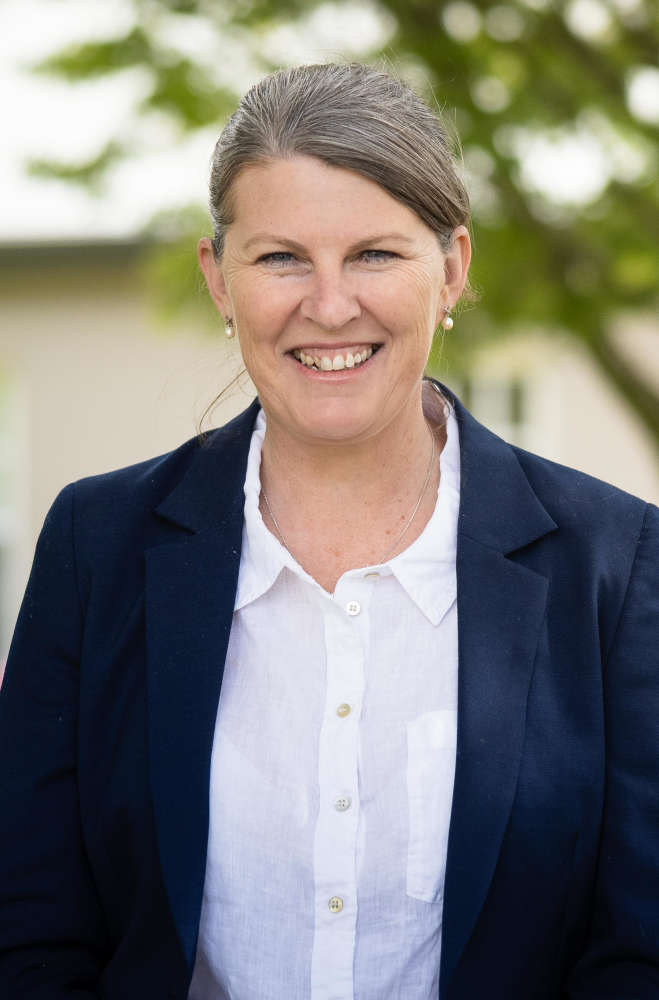
Barb Walters
Chief Executive Officer, Rural Alive & Well IncBarb is the current CEO of Rural Alive & Well, a Tasmanian not for profit which builds healthy and resilient rural communities to reduce the prevalence of suicide in ages 14yrs and above.
Barb is steadfast in not taking mental health and wellbeing for granted and uses her lived experience in mental health and wellbeing which has seen RAW become the leading organisation in Tasmania for rural mental health and wellbeing support.
Having lived in a remote Tasmanian towns all her life, Barb understands first-hand the complexities and joys experienced from remote and rural areas, and is excited to be able to bring her knowledge and passion to this year’s Program Advisory Committee.
Professor Darryl Maybery
Professor of Rural Mental Health, Monash University
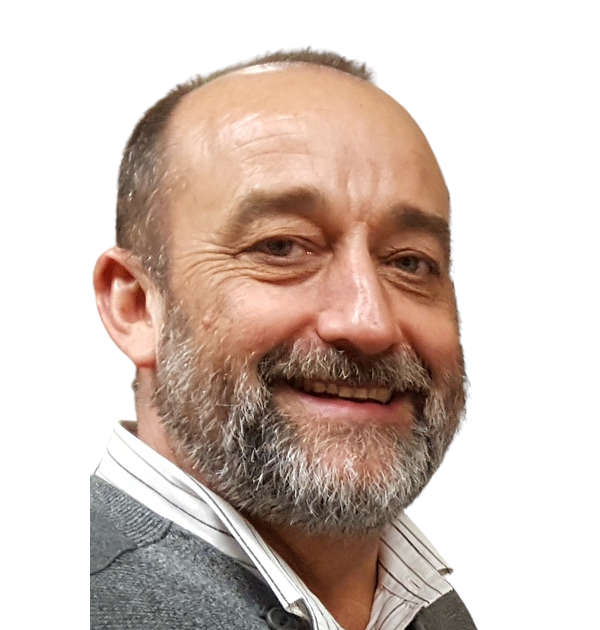
Professor Darryl Maybery
Professor of Rural Mental Health, Monash UniversityI am the Professor of Rural Mental Health in the School of Rural Health at Monash University. My main area of research aims to reduce the cycle of mental illness and addiction in families. In the family mental illness area I have co-authored approximately 50 journal publications and undertaken multiple research projects over the last 20 years. In collaboration with others my work has significantly influenced program and policy direction in the area of Families Affected by Parental Mental Illness (FaPMI). Our early work had a major influence on the Victorian Government strategy 2007-2011 leading to the implementation of the Victorian FaPMI strategy (see http://docs.health.vic.gov.au/docs/doc/Families-where-a-parent-has-a-mental-illness-A-servicedevelopment-strategy). This led to the establishment of 14 specialist FaPMI coordinator positions across Victoria and in the 2016 budget this was expanded to all Victorian health regions. The role of these specialists is to promote family focussed services for families where a parent has a mental illness with children aged 0-18. Until recently I was the Director of Monash University Department of Rural Health and I am currently Professor of Rural Mental Health. I live and work in the Gippsland community to develop research and mental health workforce partnerships that make a difference for rural families. I am currently working on several mental health research projects including the psychology component of the $24,127,699 (over 10 years) Long term study into the potential health effects from the Hazelwood coal mine fire.
Professor Russell Roberts
Professor, Charles Sturt University
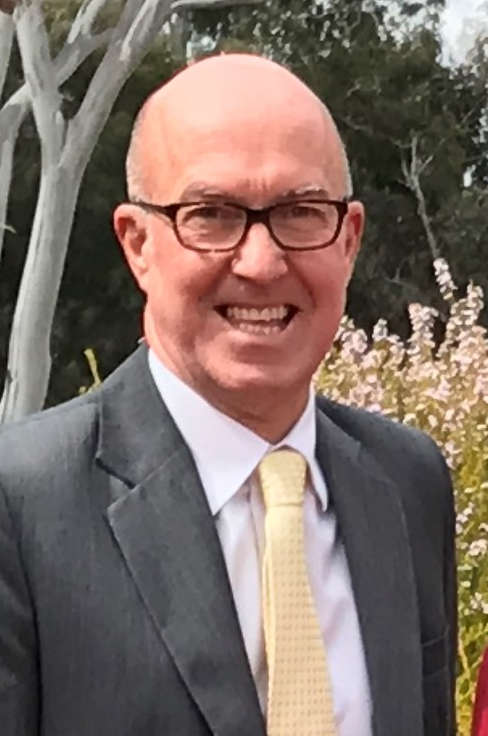
Professor Russell Roberts
Professor, Charles Sturt UniversityDr Russell Roberts is professor of mental health, and leadership at Charles Sturt University, and Clinical Associate Professor at University of Sydney. He is national director of Equally Well Australia, tasked to oversee the national implementation of actions to improve the physical health of people living with mental illness. He is also Chief Investigator on the Rural Universities Network (RUN) mental health research collaborative.
He is a board member of ANZ Mental Health Association, and has previously served on the NSW Mental Health Commission Advisory Council, as Director of Clinical Training at Griffith University, Queensland, as Editor in Chief of the Australian Journal of Rural Health and as Chair if the Workplace Mental Health Symposium. He is referenced as one of the 50 most influential rural Australians.
Russell has extensive experience as a clinician, rural mental health service director and academic. He has worked as Clinical Psychologist in rural SA, Qld and NSW. As the director of a mental health service in western NSW, leading an organisation of over 1,000 staff, and $110m pa budget delivering comprehensive services across the spectrum of care. Facilities in his organisation ranged from Australia’s largest integrated mental health hospital, to teams in Australia’s most remote locations such as Bourke, Lightning Ridge and Wilcannia.
With state, national and international awards in E-mental health and Aboriginal workforce development, Russell has over two decades of experience in developing, implementing, and consolidating new and innovative health services across a range of complex service environments. He has led the development of several of innovative, programs such as the Mental Health Emergency Care Rural Access Program, the Mental Health Rural Outreach Service, and the Aboriginal Workforce Development Program. He has published over 90 refereed journal articles, books and book chapters, over 60 conference presentations, 15 keynote speeches, with $9.725 Mill in research grant funding and over 4,600 citations of his research work.
Jay Little
After Suicide Support Coordinator, Wellways
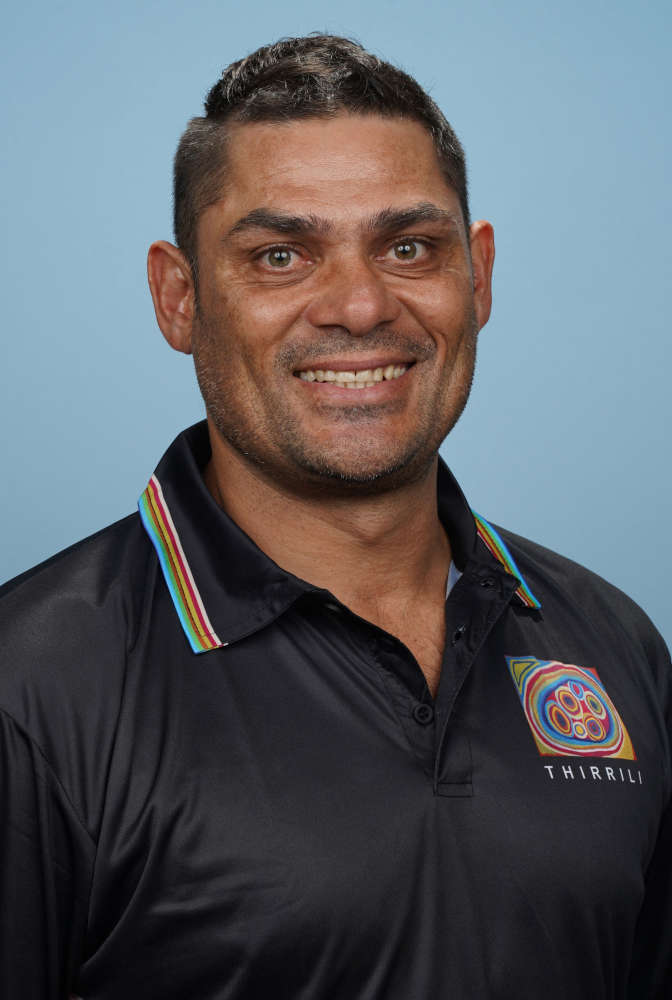
Jay Little
After Suicide Support Coordinator, WellwaysMy name is Jay Little I am a proud Wiradjuri, Yuin and Gamilaroi man, I work for Wellways in the Griffith office in the After Suicide Support Team in the Murrumbidgee Suicide Prevention Program. We provide a range of supports that include material aid, emotional support, written resources, guidance on how to speak to children or loved ones about their loss and referrals to relevant services. Culturally I use my experiences and connections to advocate for first nations people effected in this space and provide culturally responsive support including following protocol when on country, understanding sorry business, linking people back to country ,Listening to families and consulting community elders and continuing to link people to supports as their needs change over time. I enjoy music, camping, football and having a laugh.
Alan Heath
Community Liaison, Aboriginal & Torres Strait Islander Crisis SupportLifeline Australia

Alan Heath
Community Liaison, Aboriginal & Torres Strait Islander Crisis SupportLifeline AustraliaBio coming soon.
Catherine Coysh
Program Manager, Albury Wodonga Aboriginal Health Service (AWAHS)
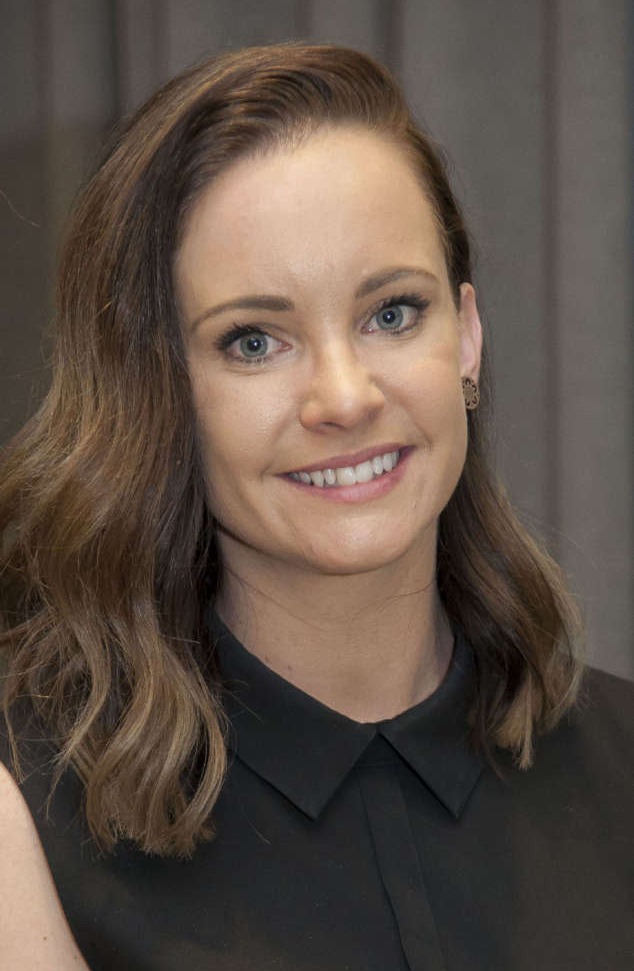
Catherine Coysh
Program Manager, Albury Wodonga Aboriginal Health Service (AWAHS)Catherine is a proud Gunditjmara Woman who has grown up in the Albury/Wodonga area. Catherine has a Bachelor of Behaviour Science (Psychology) and Post Graduate Diploma of Psychology (hons). Catherine worked 13 years in a number of Commonwealth Government departments before commencing in her role as Program Manager at AWAHS in 2020. Catherine now oversees AWAHS Social Emotional Wellbeing Programs including Mental Health, AOD, Family Violence, NDIS, Cultural, Health Promotion, Youth and Stolen Generation. Catherine is passionate about ensuring trauma informed, holistic healing approaches are provided to community.
.png?width=1831&height=733&name=RMHC%20LOGO%20-%201%20(Colour).png)